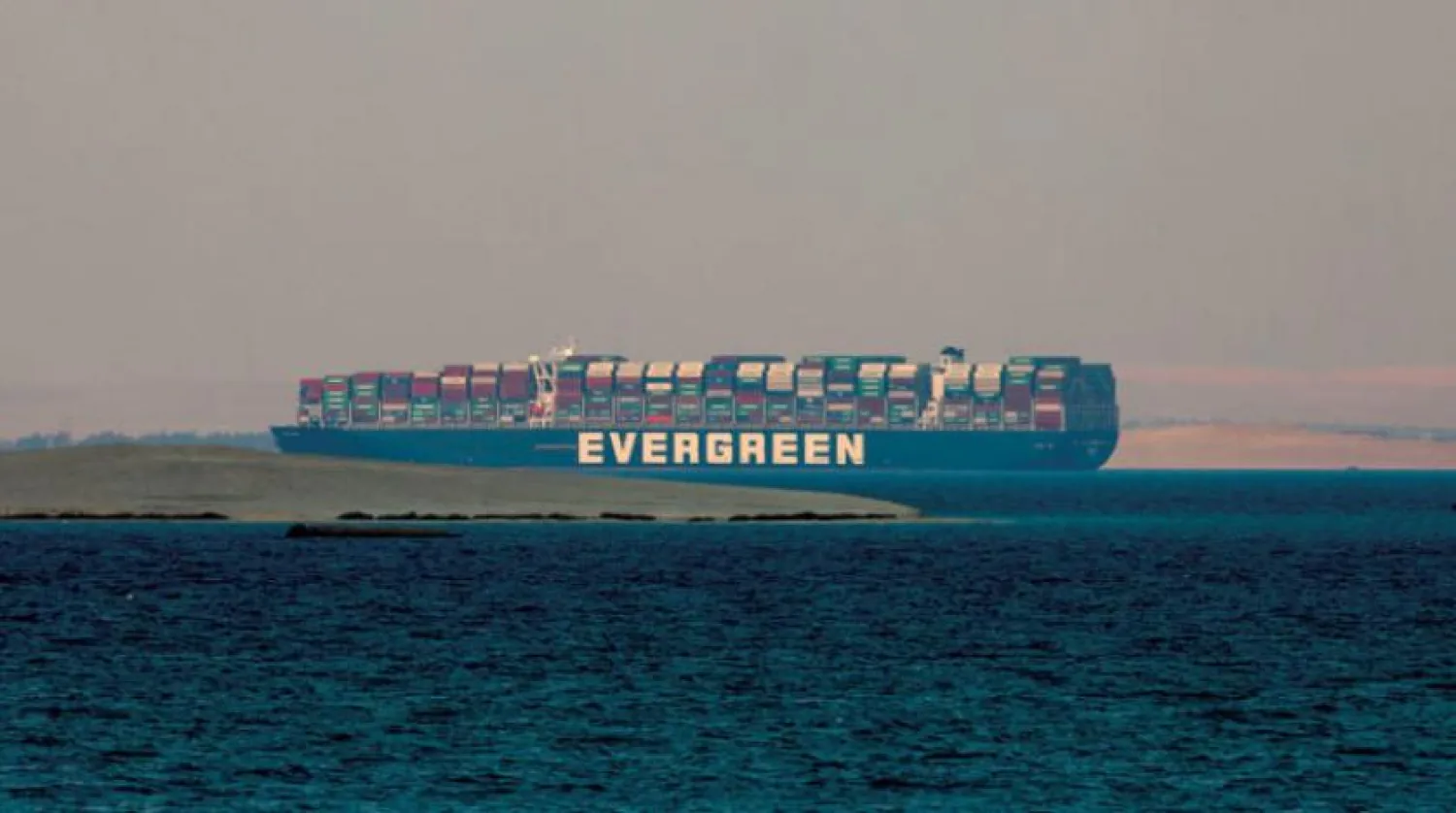Reinsurers will likely bear most of the expense for the grounding of a giant container ship that halted shipping traffic through the Suez Canal last month. Payouts are expected to cost hundreds of millions of dollars.
International shipping through the canal ground to a halt when the 400-meter Ever Given ran aground and blocked the canal on March 23. It took nearly a week for rescue teams to free the vessel.
About 400 vessels were impacted by the closure of the canal, with some having to take the much longer route around Africa to deliver their cargo.
Ships usually have protection and indemnity (P&I) insurance, which covers third-party liability claims. Separate hull and machinery insurance covers ships against physical damage.
Alan Mackinnon, chief claims officer for UK Club, the Ever Given’s P&I insurer, told Reuters that the club expected a claim against the ship’s owner from canal authorities for possible damage to the waterway and loss of revenue. The club also expects separate claims for compensation from the owners of some of the delayed ships.
“I expect we will get a claim from the Egyptian authorities quite soon, and the claims from the other shipowners will trickle in over the coming months,” Mackinnon said.
Osama Rabie, chairman of the Suez Canal Authority, said last month that losses and damages from the blockage could hit around $1 billion, although the actual amount would be calculated after investigations are completed.
The UK Club will cover the first $10 million in P&I losses, Reuters reported. After that, a wider pool of P&I insurers will cover up to $100 million. At that point, reinsurers would step in to cover up to $2.1 billion in claims, and P&I insurers would contribute for part of a further $1 billion in coverage, according to Reuters.
When asked if claims could reach the upper limits of coverage – around $2.1 billion to $3.1 billion – Mackinnon told Reuters that “We are confident we are not in that territory at all.”
“This is not an existential moment for the P&I sector,” Mackinnon said. “It may be a large claim, but we are structured to deal with large claims.”
DBRS Morningstar analysts said that total insured losses “will remain manageable given the relatively short period of time that the canal was blocked.”
However, Lloyd’s of London said last week that the blockage was likely to result in a “large loss” of at least $100 million for the commercial insurance and reinsurance market.
Yumi Shinohara, deputy manager of the fleet management department of Shoei Kisen, the Japanese company that owns the Ever Given, told Reuters that the company had not yet received any claims for compensation.









